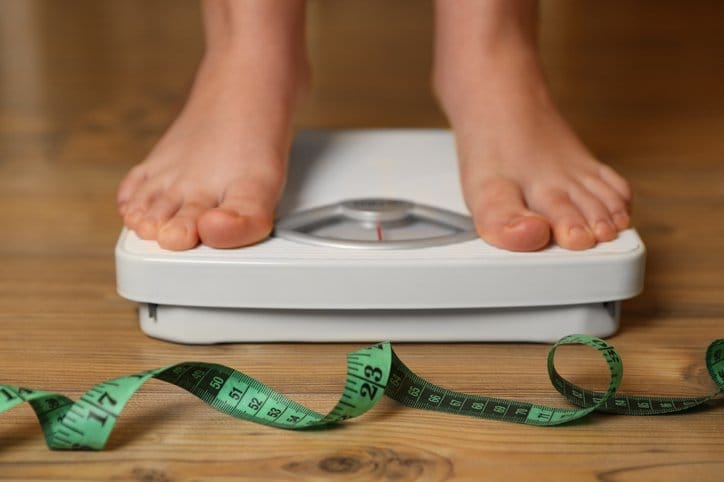Tips For Managing Obesity – World Obesity Day
The WHO defines obesity as “abnormal or excessive fat accumulation that presents a health risk”. Obesity has been associated with increased risks of cancer, diabetes, heart disease and stroke, and a recent HSE health survey reporting that 60% adults in Ireland are currently overweight or obese.
Currently, body mass index (BMI) – a measure of a person’s weight relative to their height – is used to diagnose obesity. A BMI of 20-25 is considered healthy, 25-30 is considered overweight, while 30+ is considered obese.
However, it is important to note that BMI has its limitations and is considered an outdated tool to measure weight as it doesn’t consider body composition. Measuring your waist circumference may be a better indicator of your health risk, and it is recommended that your waist circumference is half of your height or less – for example if you are 180cm tall, ideally your waist circumference should be 90cm or less.
Whilst the health risks of obesity sound scary, losing weight by adapting a healthier diet and lifestyle can greatly reduce these risks. If your BMI or waist circumference is outside of the recommended ranges, here are 5 tips for you to consider to help you manage your weight:
1. Manage your portion sizes
We recommend using your plate to guide your portion sizes at each meal. If you are trying to lose weight, aim for half of the plate to be covered with fruits and/or vegetables, one quarter of the plate to be covered with a lean protein such as chicken or fish, and the last quarter of the plate to be covered with a wholegrain carbohydrate. If you are trying to maintain your weight, aim for one third of the plate to be covered with fruits or vegetables, one third to be covered with a lean protein, and the last third to be covered with a whole grain carbohydrate.
2. Snack Smart
Snacks are a great way to help you manage your hunger, prevent over eating, and get some extra nutrients into the body. However, too many snacks or calorie dense snacks may be contributing to weight gain. We recommend eating 2-3 small snacks per day, prioritising fruits, vegetables and protein. For example, Greek yogurt and fruit or seeds, apple and peanut butter, veggies and hummus, etc.
3. Increase home cooking
Ready made meals, takeaways and meals out are usually higher in calories and fat than home cooked meals. Cooking more at home can help you to reduce your caloric intake, as well as saving you some pennies! If you don’t cook a lot at the moment, try gradually increasing the amount you cook, e.g. by 1-2 meals per week, and increase over time. Check out our weekly recipes here!
4. Limit high sugar and high fat foods
Delicious foods like chocolate, biscuits and crisps can unfortunately be high in calories and fat, so it is recommended to limit these types of food to once-twice per week. If you are eating them more than this currently, try to gradually wean them down over the course of a few weeks, rather than trying to go cold turkey, and perhaps try replacing them with some healthier alternatives. And remember, a balanced diet contains a little of what we like, so there is no need to cut these foods out entirely! Moderation is key.
5. Get moving
Exercise is a great way to burn off calories, prevent heart disease and diabetes, and improve our mental health. It is recommended that we get at least 30 minutes of moderate intensity exercise five days per week. Similarly to above, if you are not very active at the moment, try starting small with 1-2 exercise sessions per week, and build it up slowly over time.
The 4th of March is World Obesity Day.
If you are interested in speaking to a registered dietitian about weight management, we have a dedicated digital Weight Management Clinic.















